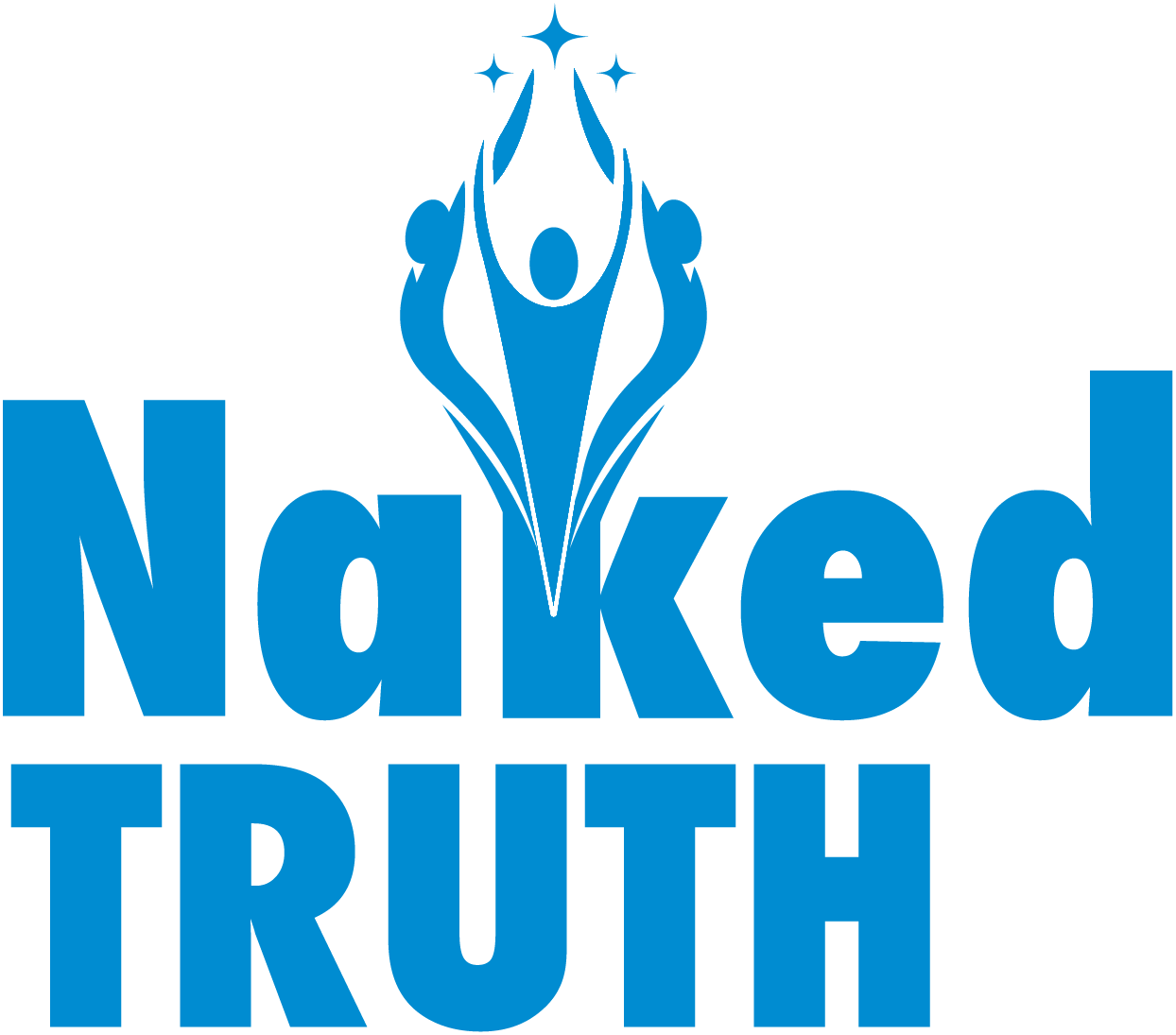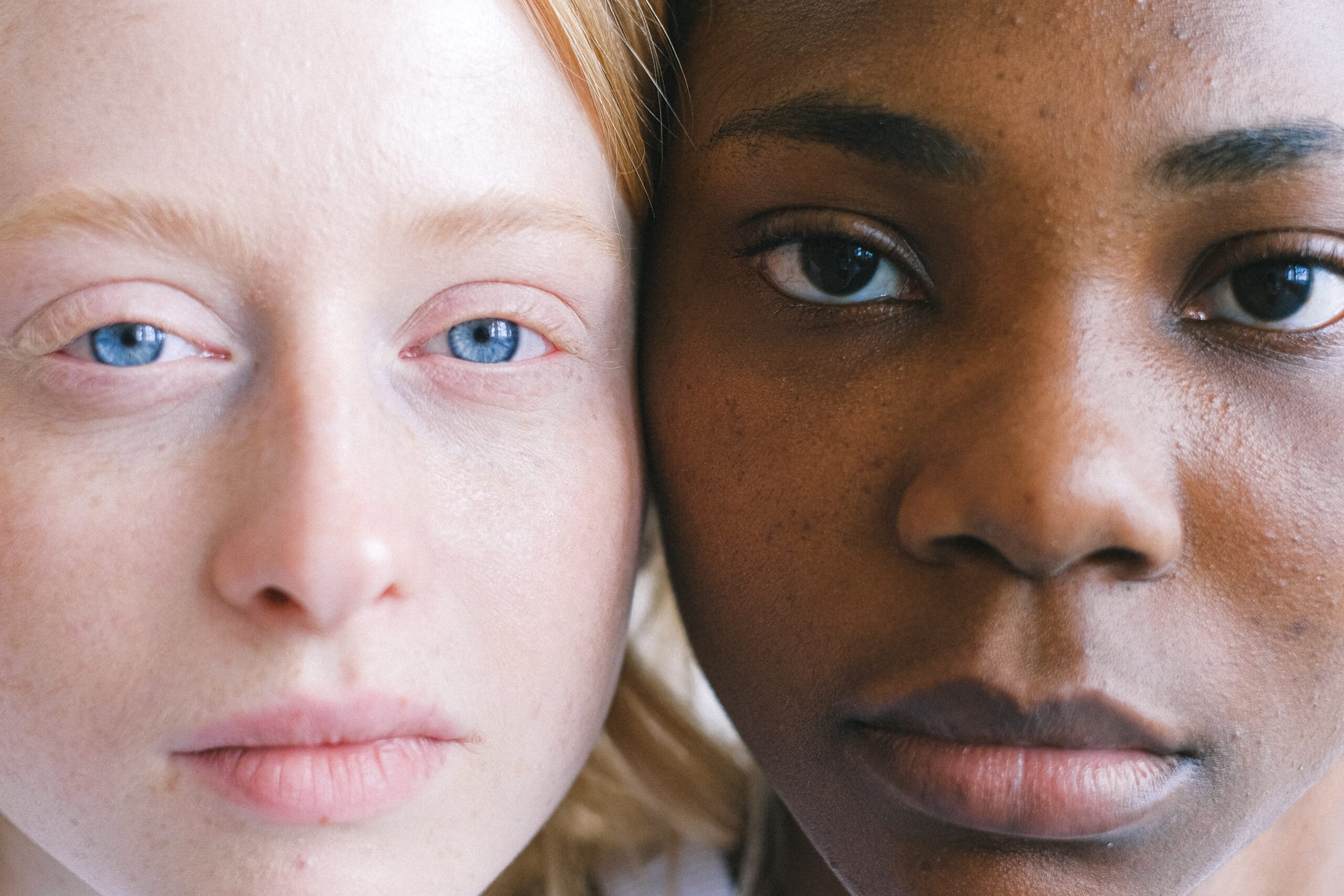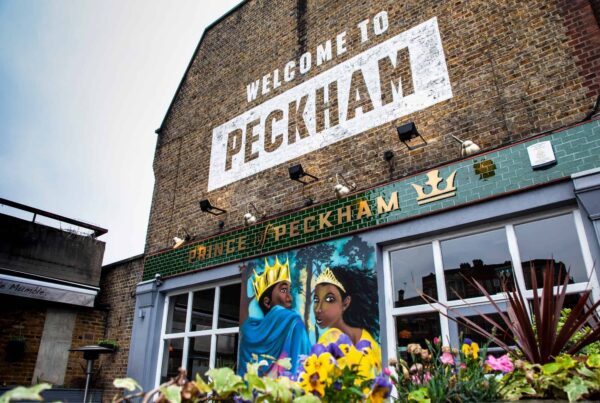Inclusivity has become an increasingly important consideration within cosmetic product development and marketing and now more brands have been nudged to cater to all skin tones. For years, the beauty industry has continuously ignored the big gap of inclusivity and diversity within product and marketing, but has it improved after the Fenty effect?
Rihanna’s Fenty Beauty “Beauty for All” campaign was the spark for global change within the beauty industry. The 2017 campaign featured the ground-breaking Pro Filt’r Foundation with a range of 40 shades (now 50 available shades) to cater towards people of all shades. By launching this many shades within its debut, the brands message was loud and clear on including all women, regardless of ethnicity.
Since then, the question that consumers started to pose towards brands that have existed for a long time was “why did it take Fenty Beauty for you to see that there was something missing?”. People of colour have always been a big market before Fenty Beauty’s launch, but the majority of existing brands produced very limited options for people with darker complexions.
After George Floyd’s passing last year, the beauty industry have been questioned on how they support the Black Lives Matter movement. Many statements and donations were made from brands such as Urban Decay, NYX, Beauty Bakerie and Benefit Cosmetics so show their support.
Sasha Braylon, Nottingham, 22 said “I feel like this year should be the year that brands really step up their game. It is all well and great for these brands to recognise and donate to Black Lives Matter, but the brands should constantly be trying to support black models and influencers by working with them. We shouldn’t have been left out for so long like this”
Sadly, racism is still imbued at the very core of the beauty industry. There remain constant cases of brands that fail to recognise or ignore the change that needs to happen. Brands such as Milk Makeup, Givenchy Beauty, Beauty Blender have all contributed to the lack of taking a step.
Fundamentally, inclusivity is not just about offering more foundation shades to consumers. The industry needs to ensure they tackle the lack of representation, inclusion and diversity at different levels. One thing to stress is that people of colour are not temporary marketing tools. The Fenty campaign was just the beginning of this change, but in 2021 there is still a lot of work to be done.





